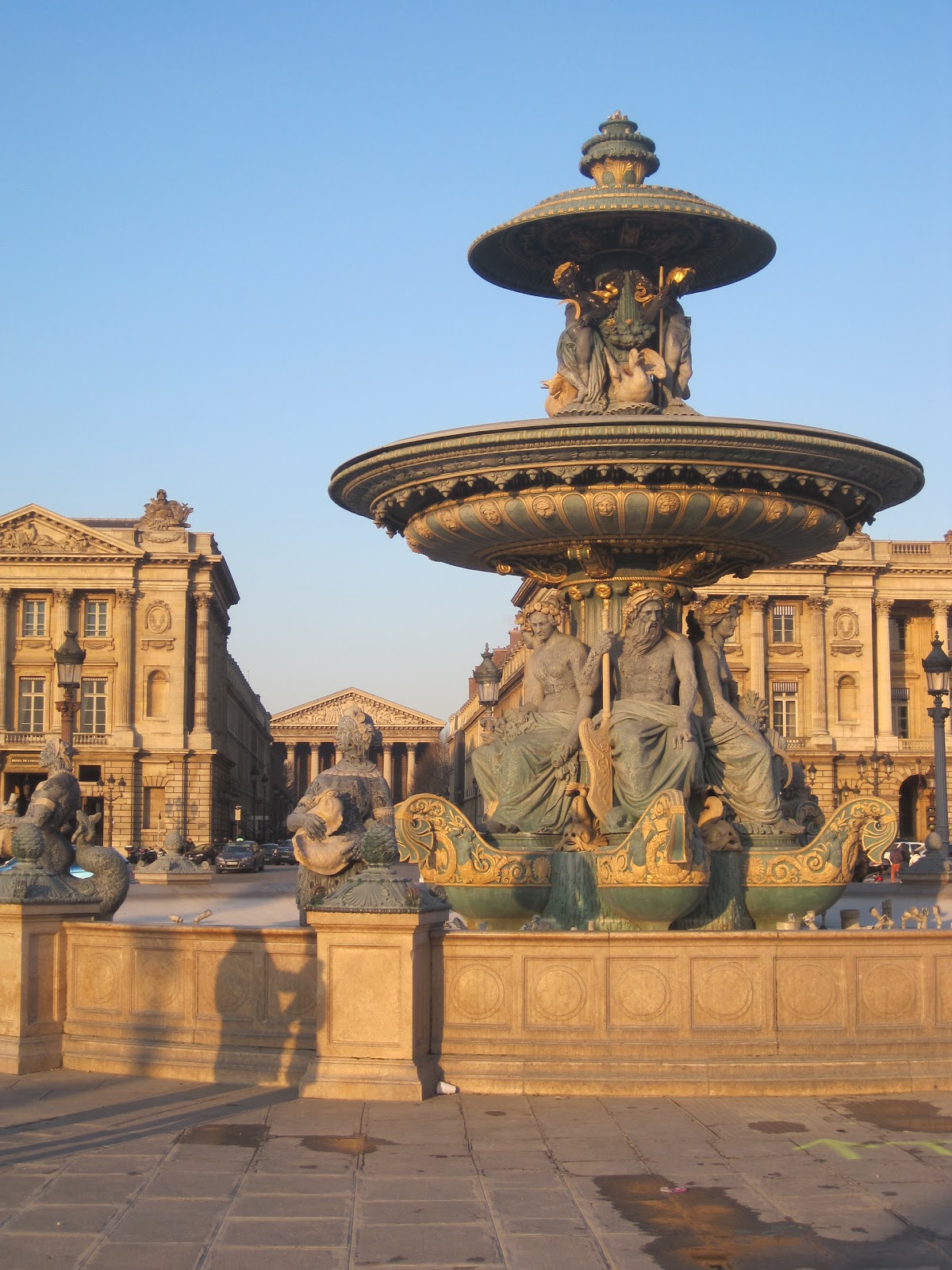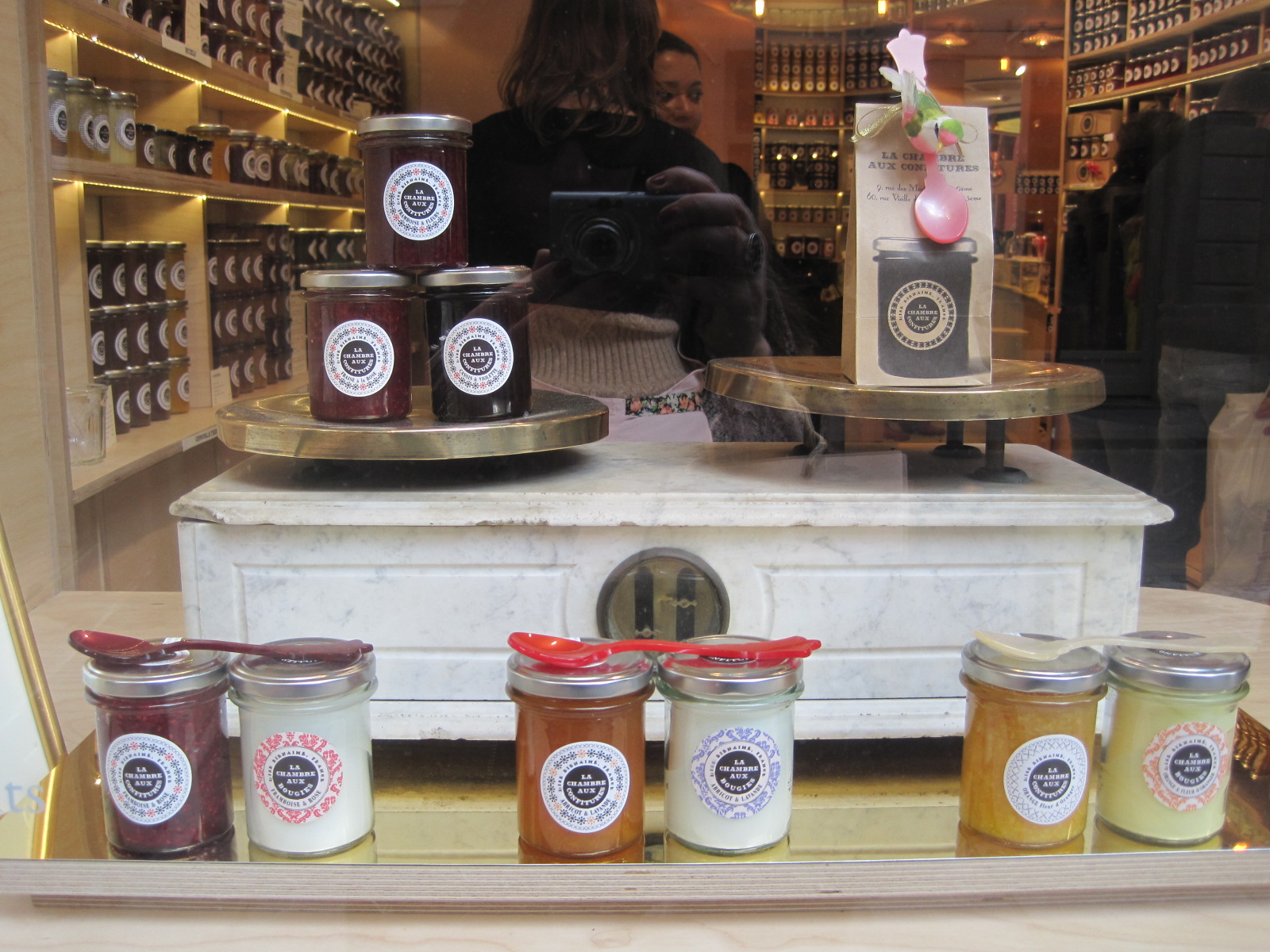Tackling the British Museum - One Bite at a Time
Confession, I find the British Museum overwhelming, who wouldn't? There is just so much stuff (most of it belonging to other people!) covering thousands of years of history, every corner of the Empire and beyond. If I go in without a plan I drift along without really engaging with what I'm seeing and then go to get a cup of tea and a piece of cake. I'm a simple creature. I need a framework for each visit, at least until the collection becomes more familiar and I can orientate myself in the building, or at the very minimum find the nearest loos.
I used to feel lost at the Metropolitan in New York and at the Louvre, but I've spent enough time at both, that I now feel more comfortable. I'm someone who needs a plan and here's the link to my post on how I approached the Louvre through a Great Courses lecture series. Unfortunately, the Great Courses don't have a series on the British Museum but there are plenty of other options to familiarize yourself with the collections.
One of my favorite neighbors has been bending my ear about The History of the World in 100 Objects and I've suddenly realized I should have been paying more attention on our weekly walks round the lake. Why didn't I buckle down and study this stuff before I came? Well, I know the answer to that I'm a procrastinator from way back, why do you think it too me sooo long to finish my doctorate. Ok, back to the subject at hand, the British Museum website tells me that the The History of the World in 100 Objects covers the history of the world from two million years ago until the present, no wonder we are all overwhelmed! But there's no point losing heart after all it is only one hundred objects (or any subset of that you choose) so that should be manageable, shouldn't it?
The whole thing started out as a series on Radio Four (think NPR if you're an American) put together by the Director of the British Museum, Neil MacGregor. You can download the whole thing for free from the BBC podcast, or explore it by theme or gallery on the museum's website. Or you could buy the book or buy it on CD, they certainly make it easy for you to get this information in any form - they want you to have the first two million years of our history covered!
So that's one option, I've downloaded the podcasts but I haven't listened to one yet, see note above about procrastination. Another option is to take any one of the innumerable talks and tours offered by the museum, most of which are free. I'm particularly excited about their short "Eyeopener" talks which run between 30 and 40 minutes.
So that's one option, I've downloaded the podcasts but I haven't listened to one yet, see note above about procrastination. Another option is to take any one of the innumerable talks and tours offered by the museum, most of which are free. I'm particularly excited about their short "Eyeopener" talks which run between 30 and 40 minutes.
I love museums and I love to have the luxury of revisiting them but I'm not someone who will spend an entire day at the British Museum. After about two hours I've glazed over so these "Eyeopener" talks are perfect. You get a concise introduction and still have time to see some more before your attention span lapses. Today we headed to the 15:45 Eyeopener tour of the Assyrian reliefs. The tour was perfect for me I and highly recommended it. Afterwards I enjoyed seeing the other Assyrian artifacts and rooms with a little more knowledge and interest. Here's the full "Eyeopener" tour schedule, astonishingly these run EVERY day which I think is pretty impressive.
- 11.00 Japan, Room 92
- 11.15 Roman Britain, Room 49
- 11.30 Ancient Greece, Room 17
- 11.45 Ancient Iraq, Room 56
- 12.00 Africa, Room 24
- 12.15 China, Room 33
- 12.30 Enlightenment Gallery, Room 1
- 12.45 South Asia, Room 33
- 13.00 Mexico, Room 27
- 14.00 Art of the Middle East, Room 34
- 14.15 World of Money, Room 68
- 14.30 Ancient Egypt, Room 64
- 14.45 Medieval Europe, Room 40
- 15.15 Ancient Rome, Room 70
- 15.45 Assyrian Reliefs, Room 6
A final possibility, for those with less time, would be to take London Walk's British Museum tour which runs several times a week. In their words it, "gives you more than it costs!" I haven't taken the tour yet but overall I've been quite impressed with their guides.
So, the message is, don't be overwhelmed, take the museum in small bites, take a guided tour or find a way to see what interests you by looking at history through individual objects or through themes suggested on the museum's website. I'll be blogging about the bites we've taken while we are here in London, I hope you'll join me....
So, the message is, don't be overwhelmed, take the museum in small bites, take a guided tour or find a way to see what interests you by looking at history through individual objects or through themes suggested on the museum's website. I'll be blogging about the bites we've taken while we are here in London, I hope you'll join me....
















Comments
I WAS paying attention, but I should have been paying EVEN MORE attention. I should have asked what were your favorite objects and/or read the book!